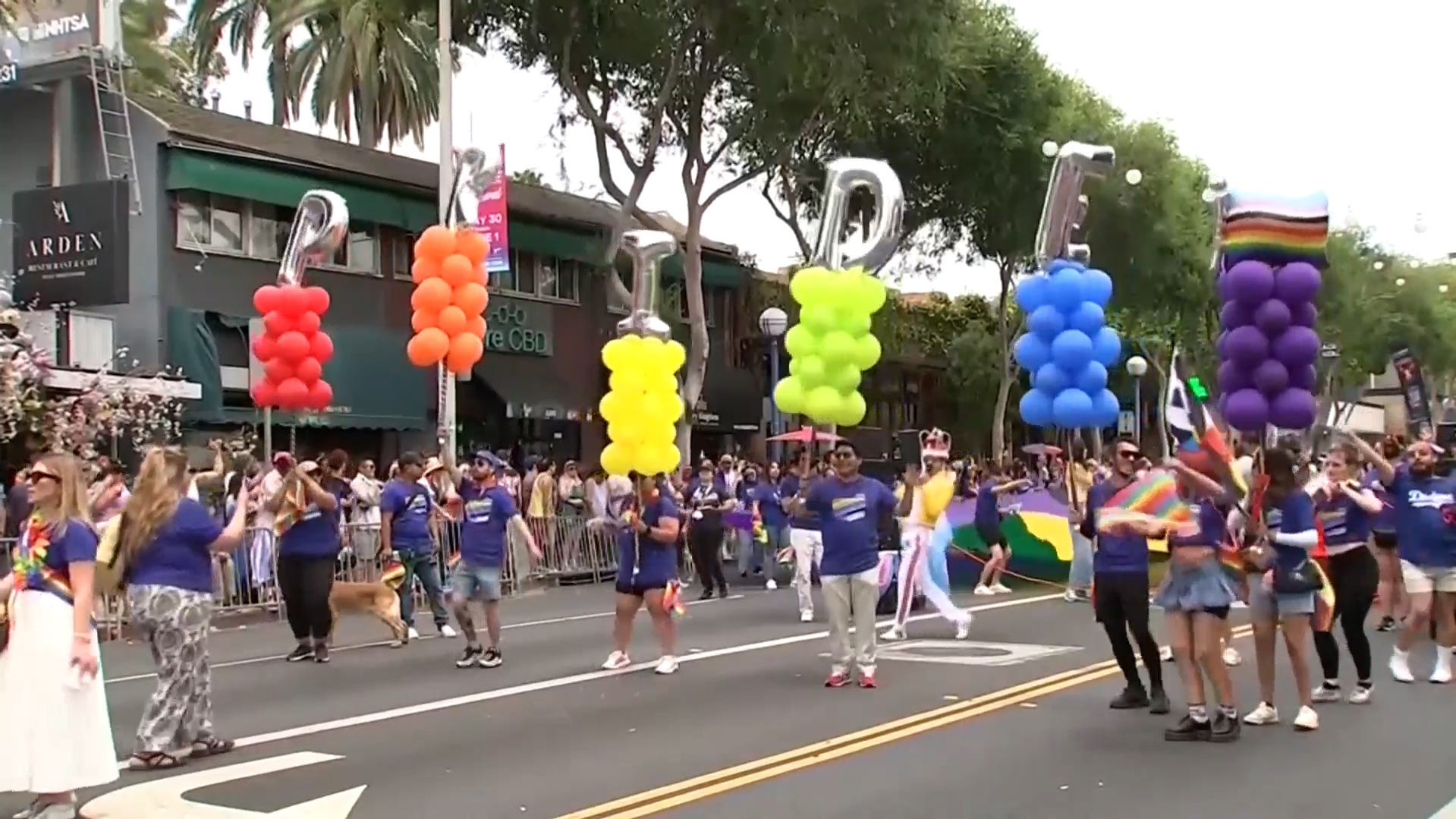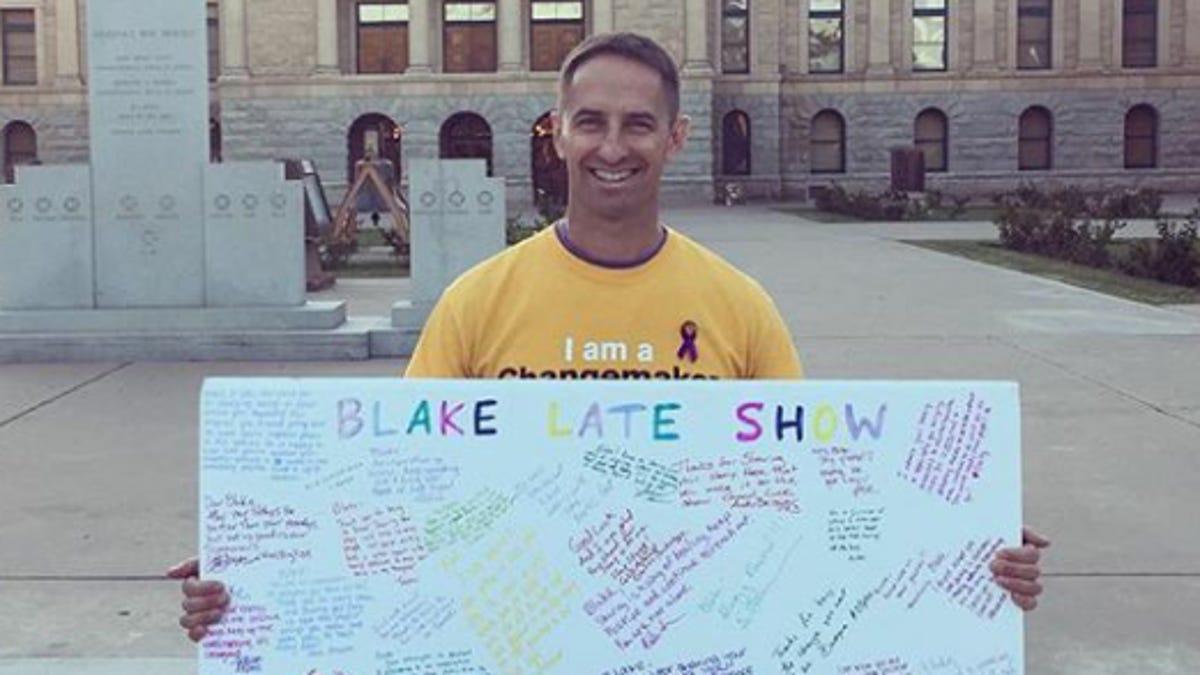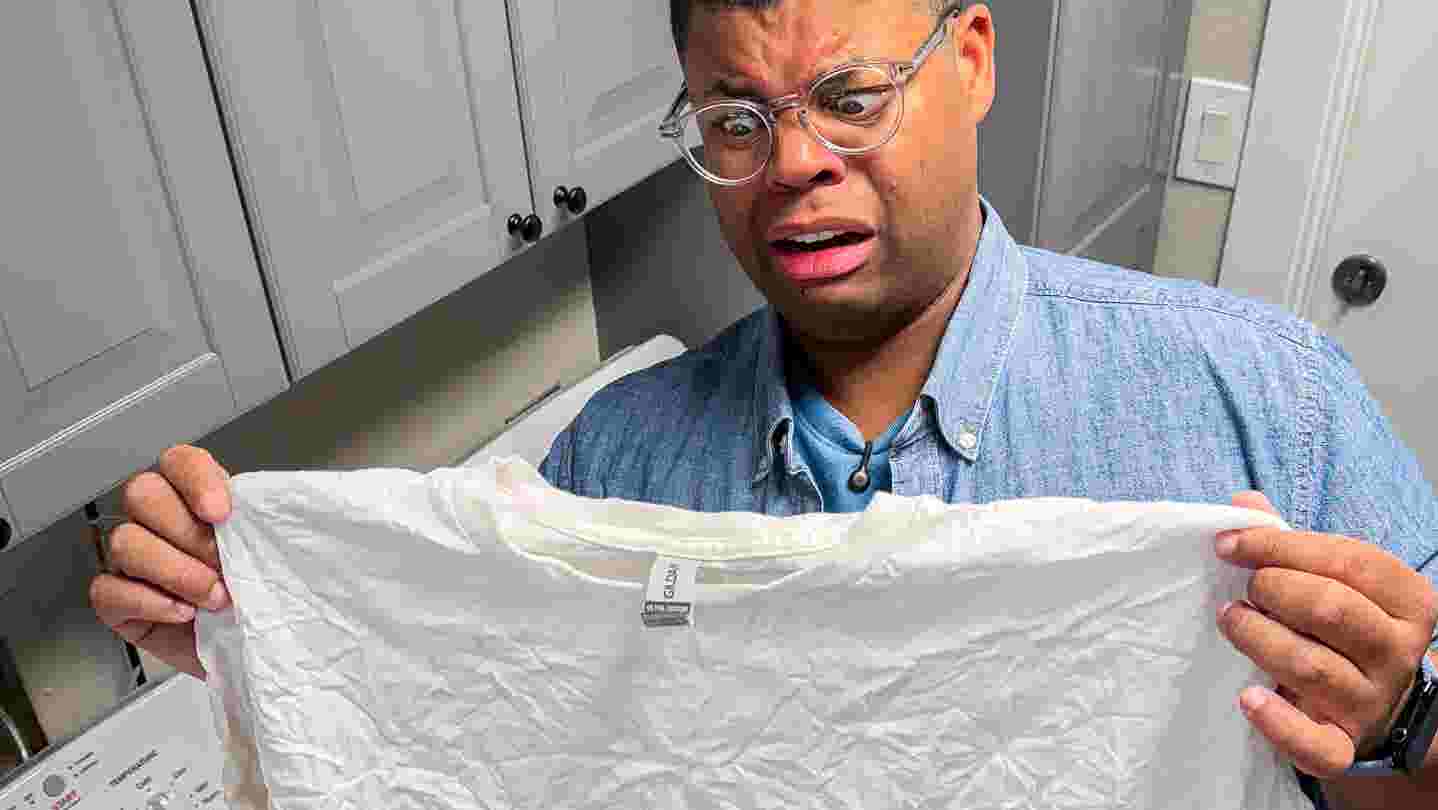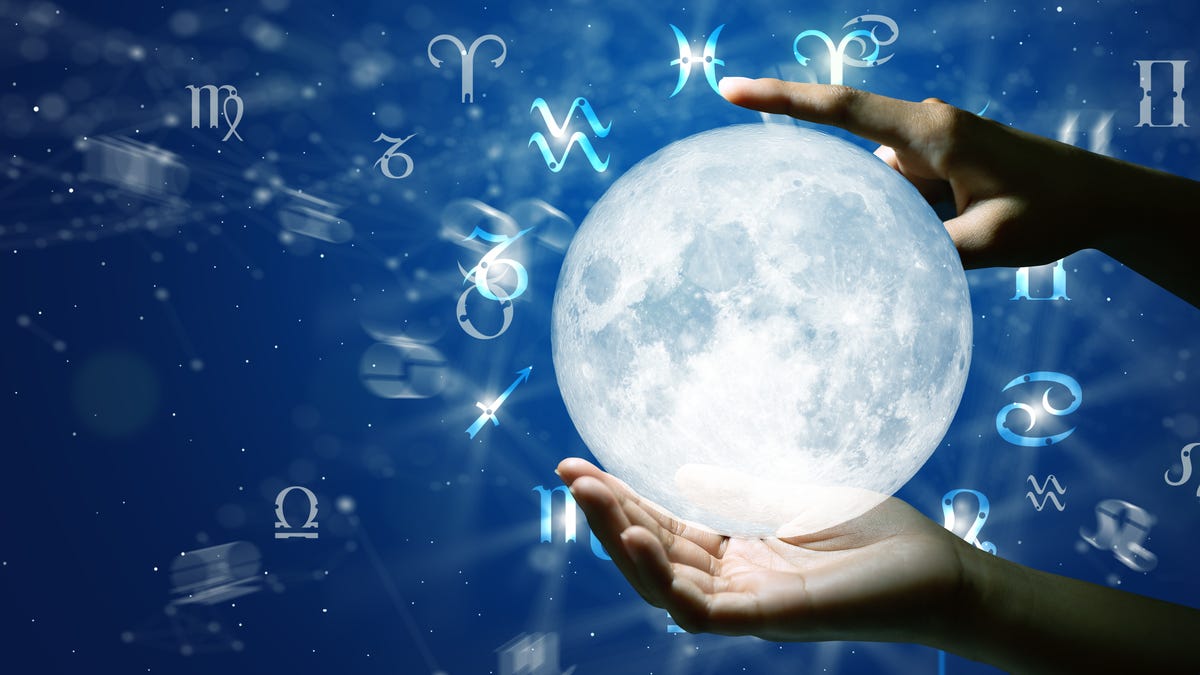
Organizers say political pressure is motivation to continue celebrating Pride
Organizers say political pressure is motivation to continue organizing and celebrating Pride, although some corporate support dwindles.
Editor’s Note: This story contains graphic descriptions that some readers may find disturbing.
Ron Blake understands trauma. He also understands what it’s like to work through it.
Blake was raped more than a decade ago. Held down, beaten and assaulted. The men responsible, including a prior domestic partner of his, were all aware he was a gay man. Police made no arrests. A documentary released earlier this year recaps his experience.
In order to cope with his trauma, his brain blocked it all out. He had some recollection of what happened, but the vast majority was gone. Several years later, in May 2014, a Time article jogged his memory. Like a lightning bolt.
“I remember at lunchtime, I was reading the cover story, and it was about sexual assault on campus. For whatever reason, that just started triggering memories. And I remember I shut off the TV, I stopped eating, and I called my friend, and I said, ‘I think this happened to me,'” says Blake, now 56, of Phoenix. The friend knew, though. Blake had told him the day after, then never brought it up again.
What was going on? Dissociative amnesia, according to counselors of Blake’s. “It took me a long time to really accept that dissociative amnesia is a real thing.”
What is dissociative amnesia?
The condition may occur “when your mind blocks out important information about yourself, causing ‘gaps’ in your memory,” according to Cleveland Clinic. “One of the most common reasons your mind blocks out things is to protect you from unpleasant, distressing or traumatic experiences.” People may develop it after one-time traumatic events or from years and years of stress. Think neglect, abuse, seeing violence up close, etc.
“For many, the memories they regain are upsetting or overwhelming,” Cleveland Clinic adds. “Mental health therapy can help you cope with those feelings and manage them in a healthy and safe way.”
Treatments and diagnoses aren’t one-size-fits-all; it’s not something that can be cured, but can be managed. Blake still can’t remember certain details about the night of the rape, but his therapists have told him “if you want to try and remember, that’s great, but look at where you’re at today. And, you know, does it really matter?” The important thing is he’s safe now.
Still, it’s an odd sensation. “Even as I’m describing it to you, it doesn’t seem real that those memories could have been stored in my head, but just not accessible to me,” he says.
In Blake’s case, “the most destructive part was knowing that my ex partner was involved in this.” His counselor told him the dissociation “was more than likely my brain’s way of saying, ‘somebody this close to you, somebody that you love this much, could have done something so destructive to you. Your brain just shut it out because it wasn’t prepared to deal with it.'”
‘What I needed to keep surviving’
Blake survived a suicide attempt in May 2015 and credits a Stephen Colbert joke for making him laugh and stopping him from dying by suicide months later. He doesn’t recall the joke today. “It wasn’t the joke that was important, it was me recognizing that I still had something good in me,” he says, “the laughter.”
He’s since made it his mission over the last decade to share his story with strangers; he’s met 34,320 to be exact, who have all written on large poster boards he carries around. What started off as trying to get people to support him getting on “The Late Show With Stephen Colbert” has snowballed into people writing down song lyrics, jokes, and Bible verses. They opened up to him about their lives, just as he opened up to them.
“That was what I needed to keep surviving, is I had to learn how to talk to people and re-engage with society, and I could even show myself at the end of the day,” he says. “Look at what I accomplished. I got out. Look at all these people that listen to me.”
His trauma and dissociative amnesia may lurk in the dark background. But Blake has stepped into a light of his own making.
If you are a survivor of sexual assault, RAINN offers support through the National Sexual Assault Hotline at 800.656.HOPE (4673) and Hotline.RAINN.org and en Español RAINN.org/es.
If you or someone you know is a victim of domestic violence, call the National Domestic Violence Hotline at 800-799-7233 or text “START” to 88788.










